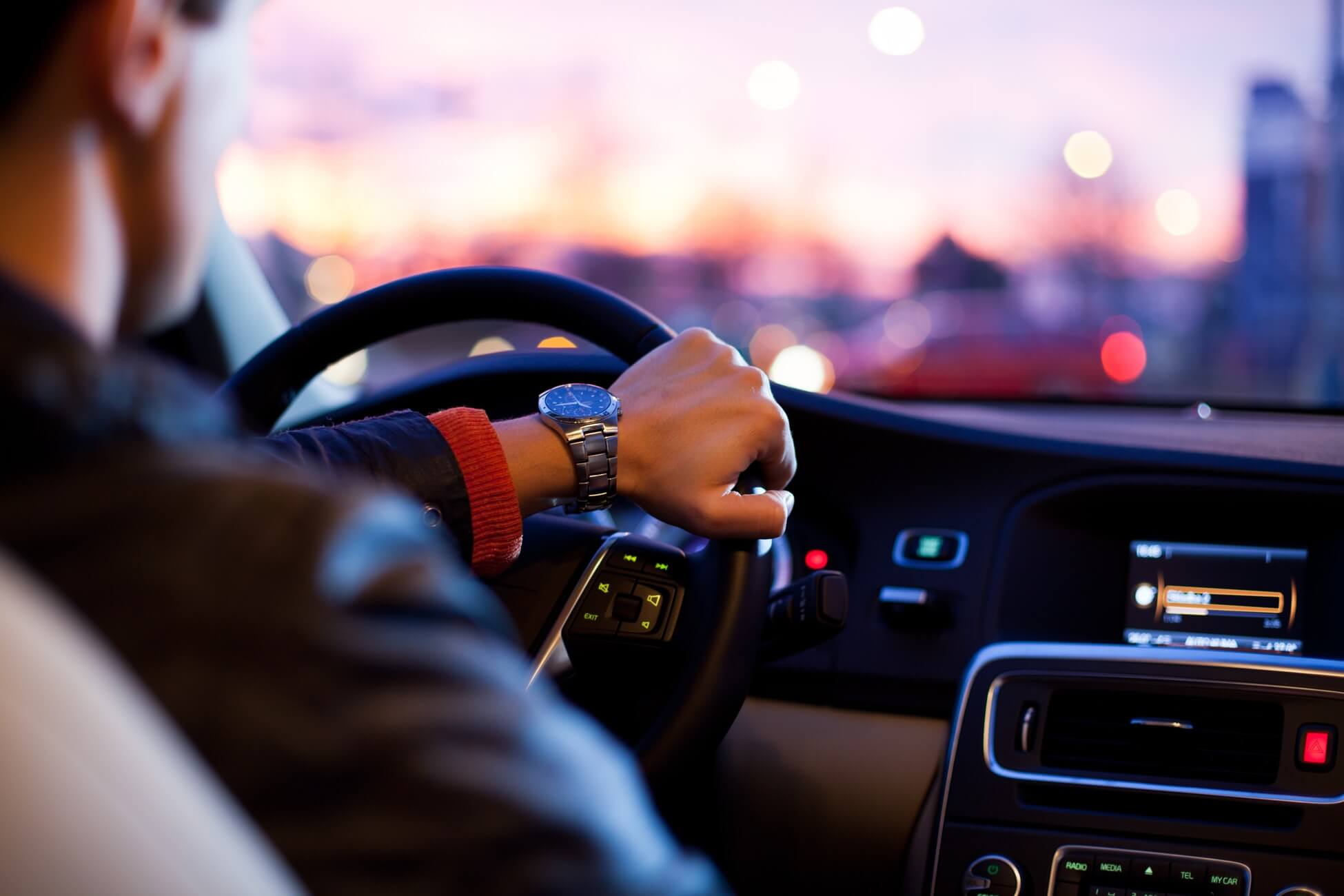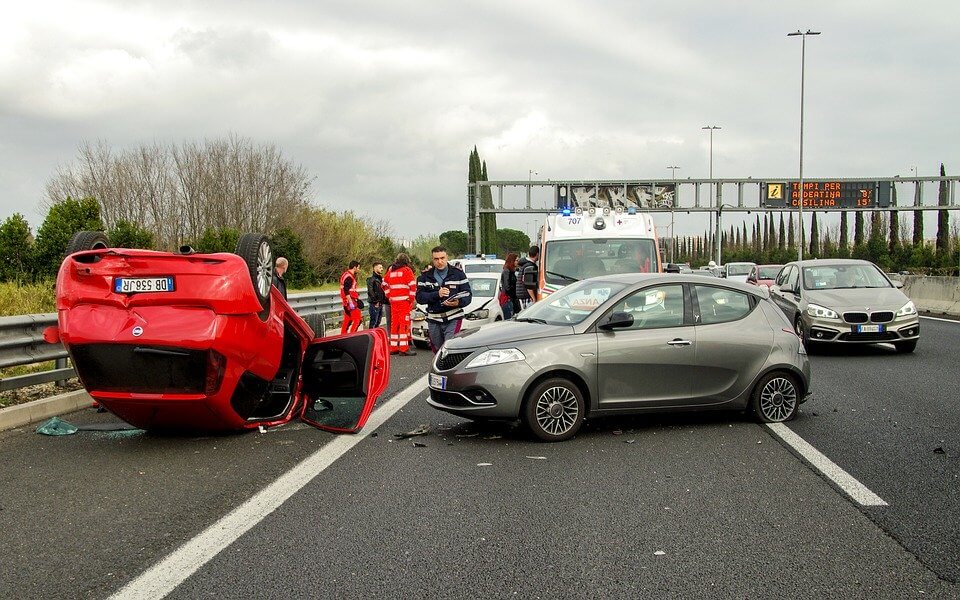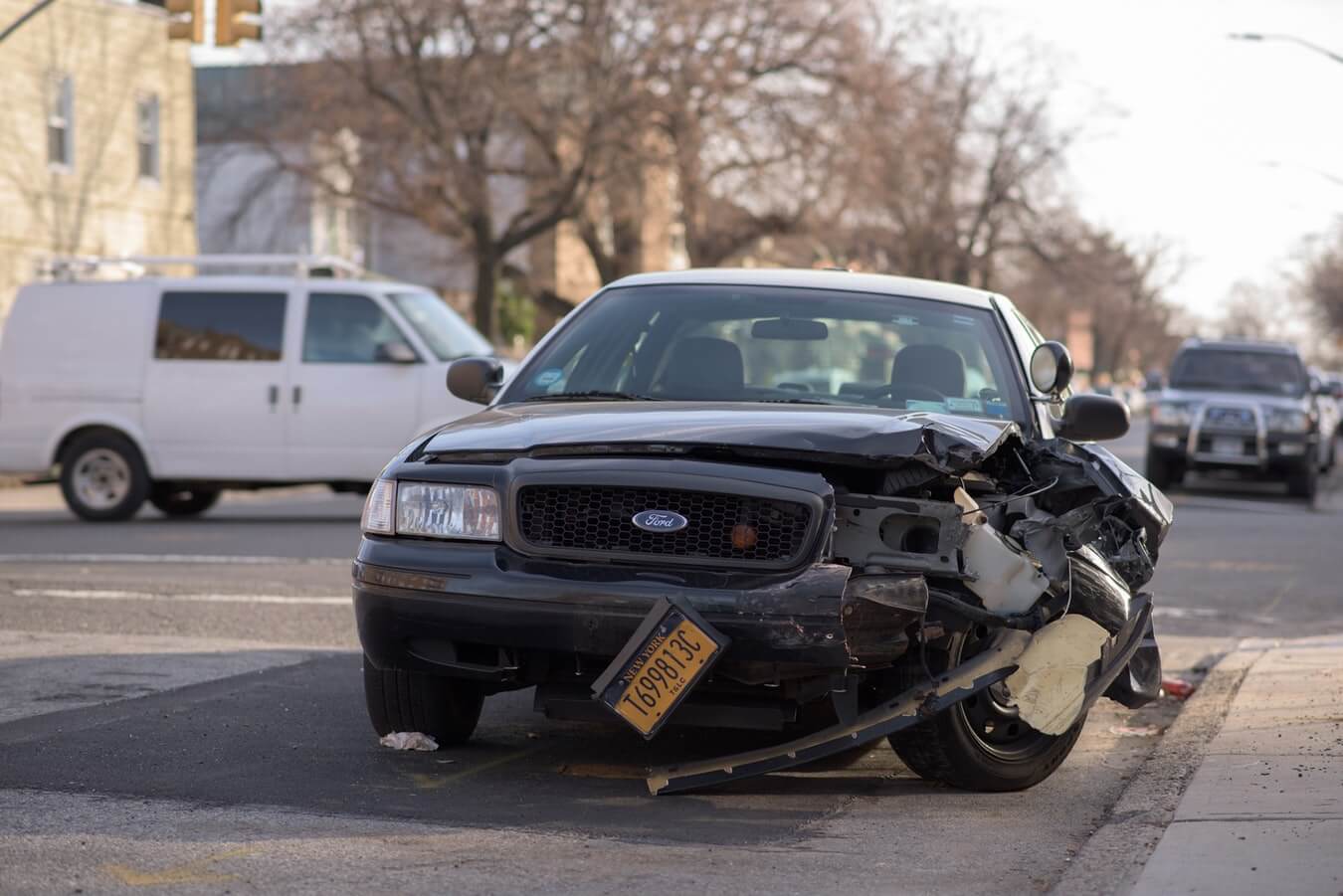Why You Should Never Take Business Calls While Driving

Reacting to business calls while driving is never wise, and it doesn't matter whether you're driving in an urban, suburban or rural environment. Each environment has its own risks for drivers, such as heavy traffic, careless teenagers and bucolic scenery that can lull your senses.
Talking on the phone inevitably distracts you, and business calls are often the worst possible distraction. These calls often open life-changing opportunities or deliver shattering news that the deal you worked so hard to get isn't going to happen. Negotiations and arguments are quite common when conducting business, and these are certainly the types of calls that can cause major distractions and accidents – caused by driver-distraction-fueled negligence.
Business calls while driving affect every driver
You've all seen it and had to make quick stops or swerves to avoid an accident. You've watched someone do something stupid while yakking on the phone. This common occurrence seems utterly stupid if someone's gossiping or chatting casually while putting others at risk of injury. However, everyone gets distracted occasionally. When expecting an important business call, many drivers make an exception to their usual good driving habits because of the call's potential importance.
Maybe they feel that fate owes them a get-out-of-jail-free card, but you can go to jail, be liable for an accident as a distracted driver or even cause injuries and/or loss of life for just a momentary lapse. Attorneys at https://www.wnwlaw.com/vehicle-accidents/car-accident-lawyer/ can help you sort through the issues, defend your actions or initiate a suit against a distracted driver. Wapner Newman attorneys handle personal injury cases that involve vehicular accidents or medical malpractice in the Philadelphia area. The firm has noted the changing economy and the increase in business-related and commercial truck accidents. The expert legal and investigative team recently won a $227 million settlement, the largest In Pennsylvania history. That's the kind of team that you can put to work on your case to prove driver negligence and negotiate a fair settlement or win in court.
Injury statistics and profiles
A recent study found that 43 percent of the nation's employed adults admit that they regularly take business calls, answer emails and communicate in other ways while on the nation's highways. [1]
More and more people telecommute, and they don't always work at home. They perform routine errands in their cars – such as chauffeuring kids to school and activities – while taking business calls and sending texts and emails from the road. People today work from home in their own businesses, and many live as digital tourists, working wherever they happen to be. Working from their cars on the road was never mentioned by the trendsetters supporting the concept of digital tourism. According to the National Safety Council, accidental injuries caused by distracted driving has become the third most frequent cause of death.
The types of injuries caused by distracted driving are severe, and accidents are likely among those who conduct business on the phone and teenagers who obsessively stay connected to their phones, apps and social media accounts. When distracted business drivers meet distracted and inexperienced teenage drivers, the setting for severe injuries is set. Common car injuries caused by distracted drivers include:
- Whiplash: This condition occurs when the neck and upper spine are injured, usually in a rear-end collision.
- Head injuries: Head injuries can be devastating, and many go undetected at first because the brain bounces around within the skull without showing outward signs of injury.
- Chest injuries: Chest trauma is common in vehicle drivers who crash into steering wheels and break ribs and suffer from internal bleeding and injuries.
- Back injuries: Back pain can seem minor after an accident, but severe pain can develop after a spinal fracture or back injury.
Problems of distracted driving continue to escalate
One study found that distracted driving was responsible for about 25 percent of all auto crash fatalities. [2] Car crashes kill more teens than any other accident or health issue. It only takes about three seconds of distraction to lose control when driving. In fact, there's no way to test for distracted driving short of checking phone activity with a search warrant, so the practice is widely under-reported.

Insurance rates have risen dramatically in recent years in response to underwriting all the accidents and injuries caused by distracted driving. That's why Travelers Insurance launched the “Every Second Matters” initiative to raise awareness of the increasing incidences of distracted driving related to business calls, texts, emails, tweets and other types of distracted driving. [3]
Travelers Insurance supports the program with extensive road shows at local universities, schools, insurance companies and other venues to discuss distracted driving risks. Sometimes, obeying the law and common sense aren't that easy, but awareness can change the world. About 17 percent of drivers in a Travelers poll reported fear of their boss as the reason for responding immediately to emails and phone calls. 37 percent reported that they fear missing important news. Just a few decades back, people could smoke just about anywhere – including courtrooms. Awareness of the dramatic consequences of distracted driving has an equivalent ability to influence public opinion for a paradigm change in how people drive and use their phones. The answers might come from technology, legal consequences, peer pressure or a combination of factors.
Cell phones have become indispensable business assistants, provide connections to the web, feature games and apps and even pay bills or find you an ideal date. It's hard to give all that up, but self-driving vehicles could move the world closer to 24-hour phone use. Distraction.gov reports that texting while driving takes your eyes away from traffic for 4.6 seconds. [4] About 35 states have banned texting while driving, and nine states have banned any use of phones while driving.

No matter which end of this thorny issue affects you – driving while taking business calls or being a victim of an accident caused by such a driver – you need good legal representation to safeguard your rights. In the interim, insurance rates continue to rise, and phones become more important in people's daily lives – until a devastating accident shows what's really important.
839GYLCCC1992



Leave a Reply